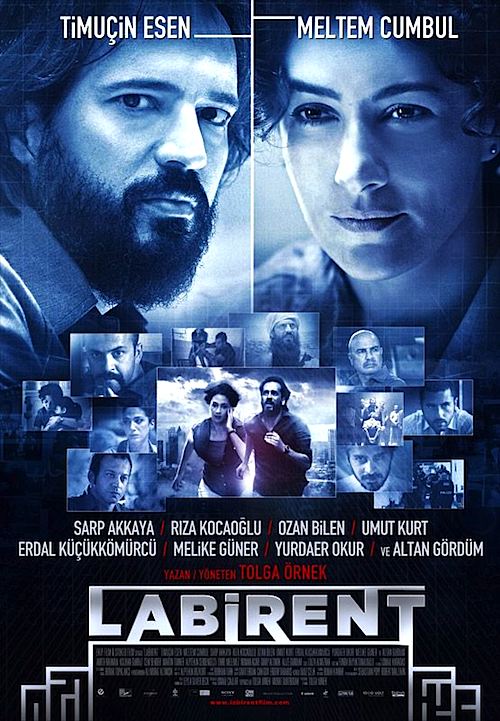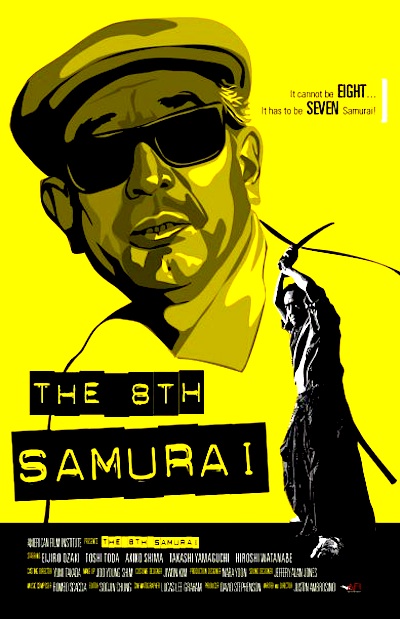By Joe Bendel. Turkey is still the modern, secular republic founded by Ataturk, but there are those who would like to turn back the clock. Nobody understands that better than the agents of Turkey’s counter-terrorist agency. They will risk their lives to thwart a violent group of Islamist fanatics in Tolga Örnek’s Labyrinth, which screens during the 2012 Brooklyn Film Festival.
A horrific homicidal suicide bombing has murdered 95 innocent souls, including thirty Americans and five Brits. Unfortunately, the shadowy mastermind (who never delivers the bombs himself, mind you) is working on a more ambitious attack. For Fikret, the moody Turkish Jack Bauer, it is not just an assignment, it is personal. He is out to avenge the partner kidnapped and presumably murdered by the newly resurfaced terrorist ringleader.
 Fikret has one ace card in his hand. He has been running a confidential informative more-or-less off the books, whose brother has fallen in with the elusive terror cell. He only trusts Rasim’s identity with his loyal colleague (and prospective romantic interest), Reyhan. A valuable source, Rasim is coveted by British intelligence, who offer information on Fikret’s missing partner in return for the mystery source. The proposition is not appreciated.
Fikret has one ace card in his hand. He has been running a confidential informative more-or-less off the books, whose brother has fallen in with the elusive terror cell. He only trusts Rasim’s identity with his loyal colleague (and prospective romantic interest), Reyhan. A valuable source, Rasim is coveted by British intelligence, who offer information on Fikret’s missing partner in return for the mystery source. The proposition is not appreciated.
Frankly, the tension between the Turkish and British security services never escalates beyond trash talking. In point of fact, Labyrinth is a refreshing corrective to the notoriously anti-American and anti-Semitic Valley of the Wolves: Iraq, the Turkish Islamist agit-prop film co-starring Gary Busey and Billy Zane. Here, it is the Islamists who are explicitly identified as the terrorists, freely murdering their own more moderate co-religionists for the sake of their extreme agenda. Of course, their preferred target is Turkey’s Jewish community. They even use inconvenient terms such as “the caliphate” in the pre-bombing videotapes. The American military only appears in passing, productively collaborating with their Turkish counterparts on a mission in Northern Iraq.
While there are some moments of inspired movie violence, Labyrinth is more cerebral than action-oriented. As Fikret, Timuçin Esen power broods like nobody’s business, while also developing some nice chemistry with Meltem Cumbul’s smart and mature Reyhan. They make it clear they care about each other in ambiguous ways, without ripping their clothes off. As for their quarry, the effective supporting ensemble is flat-out chilling when portraying the face of Islamist terror.
We could be proud of Hollywood if it finally tackled terrorism with a film like Labyrinth. That it was produced in Turkey is downright shocking, in a good way. Engrossing and tragically realistic, Labyrinth is a standout selection of this year’s BFF. Highly recommended, it screens again this Sunday (6/10) at IndieScreen in Williamsburg.
LFM GRADE: A
Posted on June 7th, 2012 at 6:19pm.
